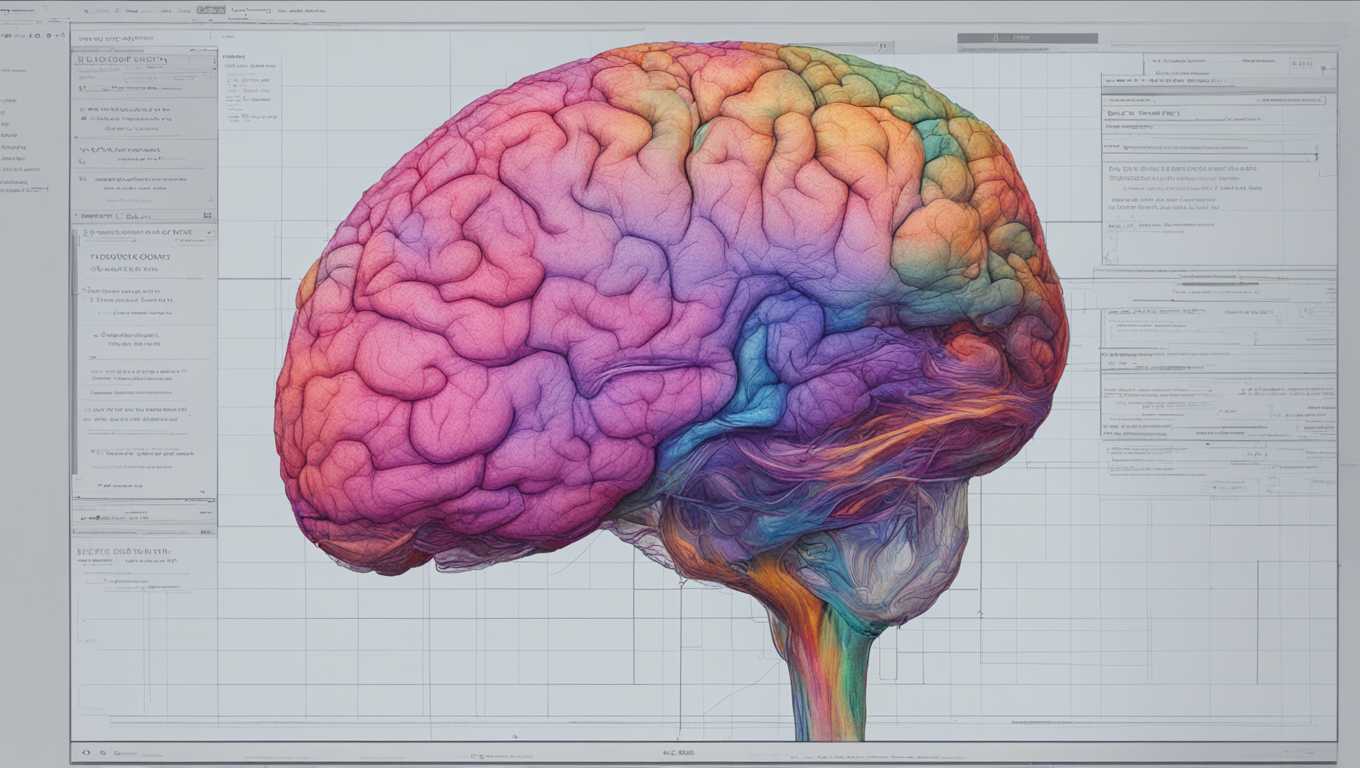Microsoft, the U.S. tech giant, has just made a groundbreaking announcement. During his tour of Southeast Asia, Microsoft’s Chief Executive, Satya Nadella, revealed that the company will be making significant investments in artificial intelligence (AI) infrastructure in Indonesia and Thailand. One of the major highlights of Nadella’s tour was the plan to open Microsoft’s first regional data center in Thailand, which will enhance the availability of its Azure cloud computing platform in the country.
Nadella spoke at an event in Bangkok, where he emphasized the significance of this move. “What that means is not only do you have full capability of Azure in Thailand, but the best world-class AI infrastructure,” he said. Microsoft’s investment in the data center will expand the availability of its hyperscale cloud services and provide AI skilling opportunities for over 100,000 people in Thailand. This move is expected to support the nation’s growing developer community and mark an important turning point in the development of Thailand’s digital economy.
But Thailand was not the only stop on Nadella’s tour. The day before, in Jakarta, he announced that Microsoft would invest $1.7 billion over the next four years to expand cloud services and data centers in Indonesia. The goal behind this investment is to enhance the infrastructure for AI in Indonesia and train 840,000 people in the country in the use of AI by 2025. As part of this commitment, Microsoft aims to bring the latest and greatest AI infrastructure to Indonesia, cementing its position as a leader in the next generation of AI technology.
Nadella highlighted the importance of investing in AI infrastructure, stating, “We’re gonna lead this wave in terms of the next generation of AI infrastructure that’s needed. And of course, we’ll have the best selection of models.” To achieve this, Microsoft has partnered with Azure OpenAI Service and the French open-source startup Mistral AI, in which Microsoft is a key investor.
The significance of Microsoft’s interest in Southeast Asia cannot be underestimated. With a population of over 690 million, the region offers immense potential as both a market and a manufacturing base. U.S. companies are particularly interested in reducing their dependence on Chinese supply chains, making Southeast Asia an attractive alternative. Likewise, countries in the region welcome investments from U.S. tech giants to balance out China’s growing influence in the global technology arena.
Nadella’s visit to Southeast Asia follows in the footsteps of his rival, Apple CEO Tim Cook, who recently embarked on a similar tour of the region, which included stops in Singapore, Indonesia, and Vietnam. Apple’s investment plans also align with Microsoft’s focus on Southeast Asia. Cook announced a $250 million expansion of Apple’s headquarters in Singapore, along with plans to invest in Vietnam and explore the idea of opening a factory in Indonesia. Furthermore, rumors abound that Apple is close to opening its first store in Malaysia at the luxury Exchange shopping mall in Kuala Lumpur.
This competition between Microsoft and Apple underscores the growing importance of Southeast Asia as a hub for tech investments. As these two giants vie for supremacy in the region, it is clear that Southeast Asia is emerging as a key player in the global technology landscape.
Satya Nadella’s tour will continue as he arrives in Malaysia today, further solidifying Microsoft’s commitment to investing in Southeast Asia and the development of its AI infrastructure. With their sights set on transforming the region into an AI powerhouse, Microsoft’s investments in Indonesia and Thailand mark the beginning of an exciting new chapter in Southeast Asia’s digital transformation.





Use the share button below if you liked it.